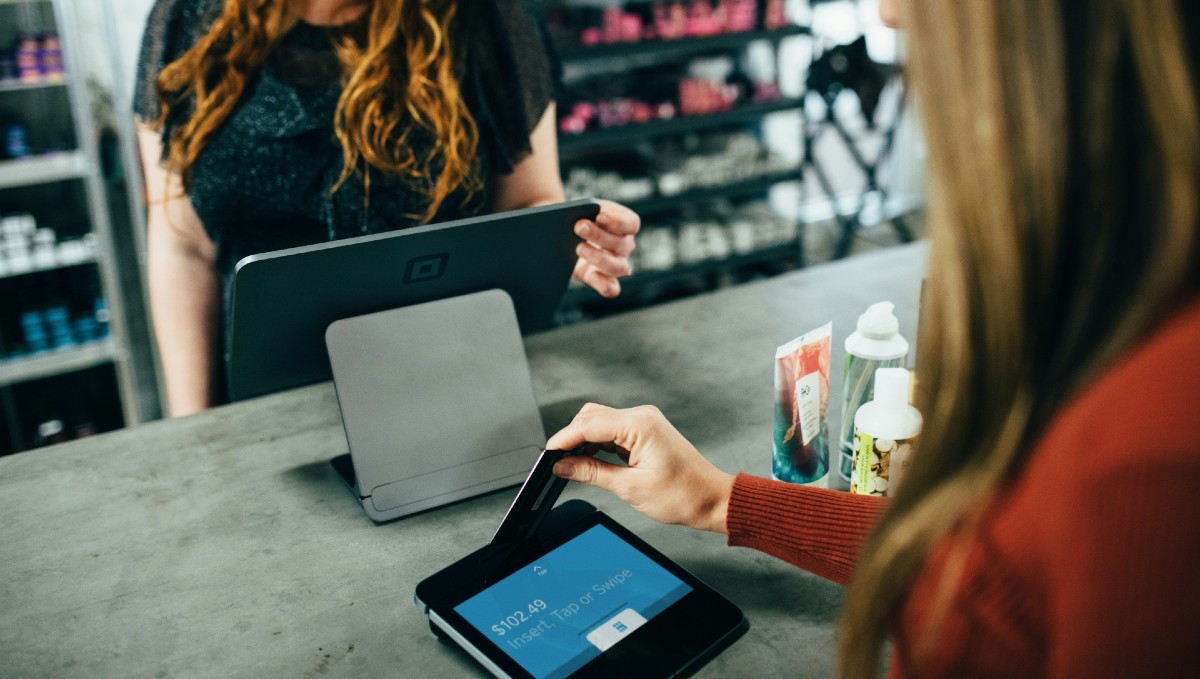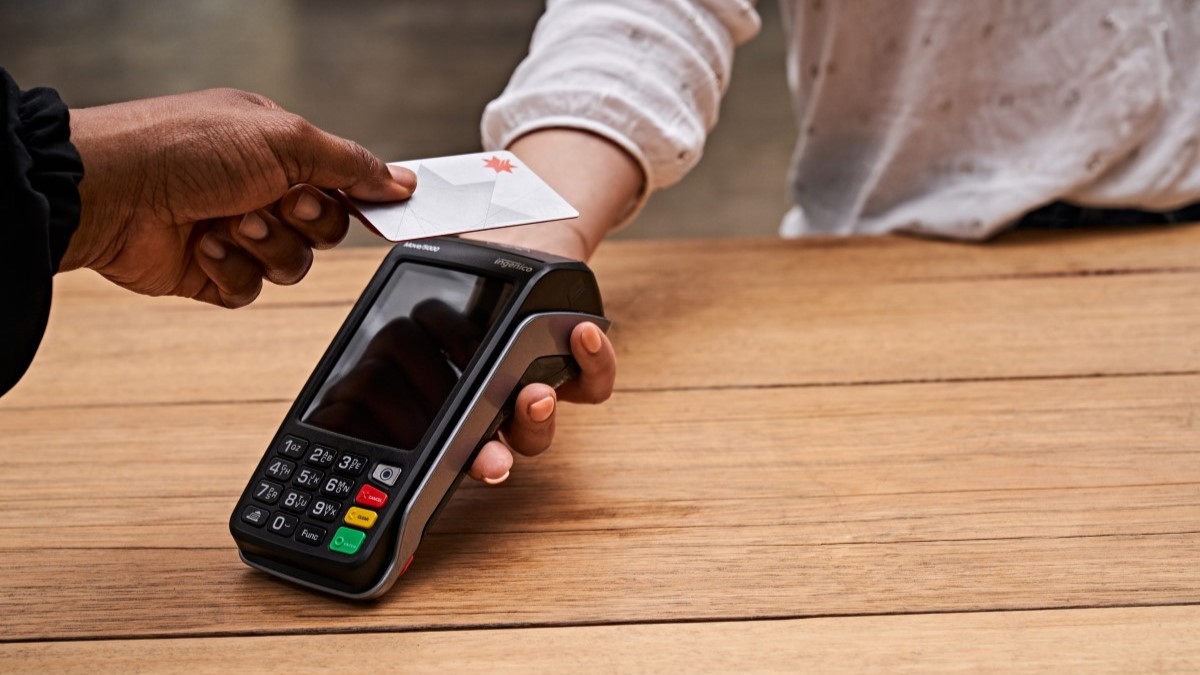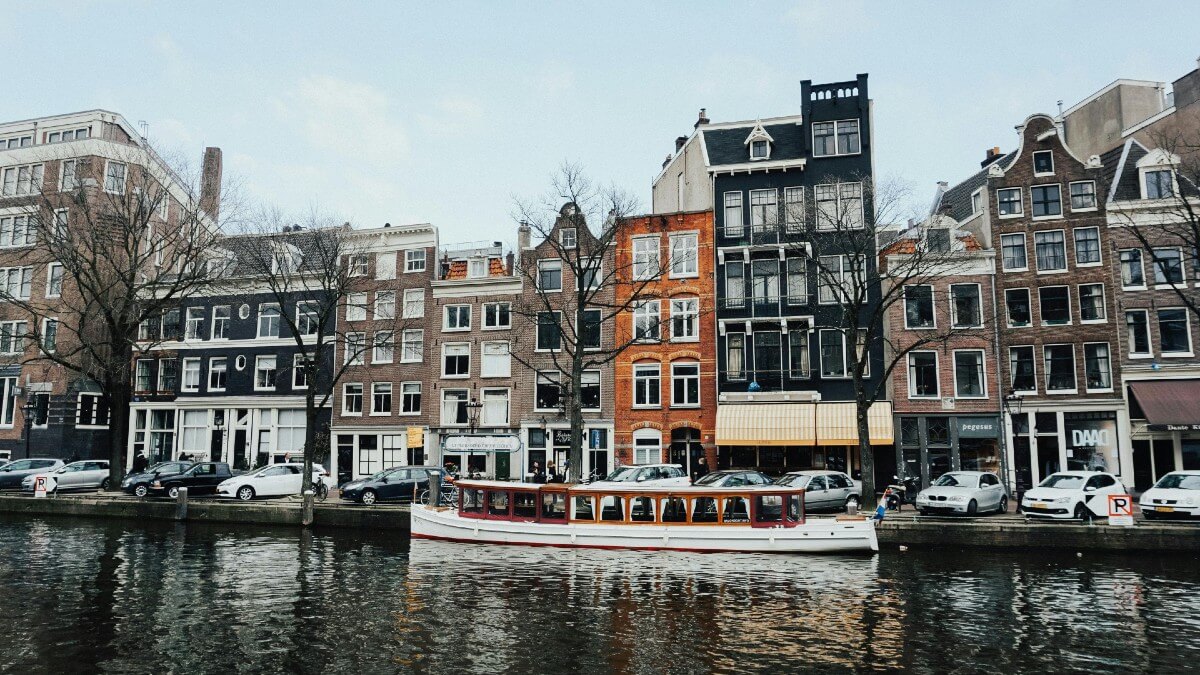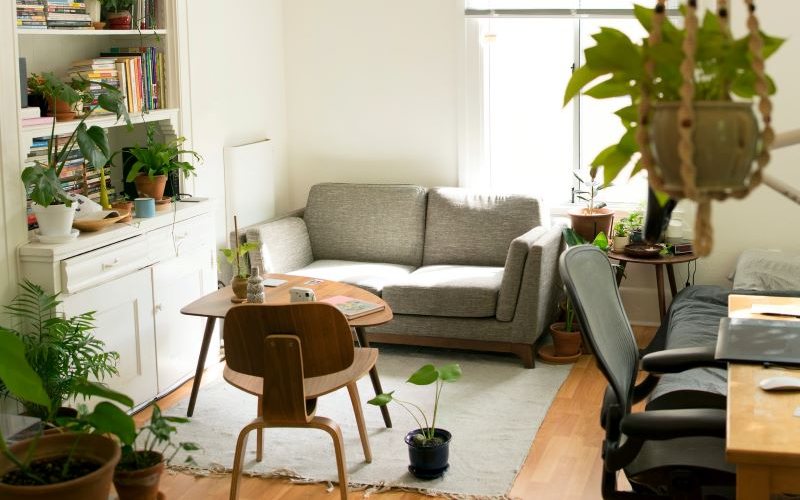Fresh figures out today from the Commonwealth Bank’s Business Sales Indicator (BSI) and National Australia Bank’s (NAB) cashless retail sales index have reflected a noticeable uplift in spending over January.
This follows a drastically weak month of retail spending in December.
Commbank’s latest BSI results report economy-wide spending rose 0.6% in January, which is above the 0.4% long-term monthly average.
The BSI is based on the value of credit and debit card transactions processed through Commbank merchant facilities.
What did we spend more on?
According to Commbank’s report, some of the biggest gains in sales (in trend terms) over the month were in ‘transportation’ (up 3.3%), ‘retail stores’ (up 3.0%), ‘hotels and motels’ (up 1.1%) and ‘airlines’ (up 0.9%).
“There was a strong theme of spending on domestic travel in January,” said CommSec Chief Economist Craig James.
“This may be driven by the weaker Australian dollar deterring Aussies from heading abroad as our purchasing power diminishes in foreign currencies, as well as petrol prices being the cheapest for this time of year since 2016.”
Queensland tourism bodies are hailing this summer school holiday season as one of the best yet. Beaches and hotels are still busy as families make the most of the last weekend before school returns. @Carly_Madsen #7News pic.twitter.com/jb05gqmUB5
— 7NEWS Brisbane (@7NewsBrisbane) January 27, 2019
What did we spend less on?
There were a handful of sectors that experienced a fall in sales (in trend terms) over January.
‘Automobiles & vehicles’ (down 1.3%) experienced the biggest slide, while sales for ‘government services’ (down 0.2%), ‘amusement & entertainment’ (down 0.1%) and ‘automobile/vehicle rentals’ (0.1%) also fell.
“People are not buying cars like they used to and the wealth effect of lower home prices looks like it may be having an influence on
Retail sales up, but remain sluggish overall
NAB’s cashless retail sales index also reported a bounce in spending, leading NAB economists to predict that the ABS’s retail trade figures will return to growth after suffering a 0.4% month-on-month fall in December.
With their retail sales index gaining 0.6% in January, NAB economists forecast ABS retail trade to increase 0.3% from December.
But NAB Chief Economist Alan Oster said the overall picture for the retail sector remains “sluggish”.
“The retail sector remains close to recession levels, with consumers unwilling to spend in a low wage growth and high debt environment, potentially compounded by negative wealth effects from housing,” Mr Oster said.
“Consequently, a pick-up in wage growth is critical for the retail sector.
“Our latest forecasts are for wage growth to continue to show a gradual rise over the next two
For feedback or queries, email dominic.beattie@savings.com.au
Photo by Heidi Sandstrom. on Unsplash



 Denise Raward
Denise Raward

 Emma Duffy
Emma Duffy
 Rachel Horan
Rachel Horan
 Harrison Astbury
Harrison Astbury